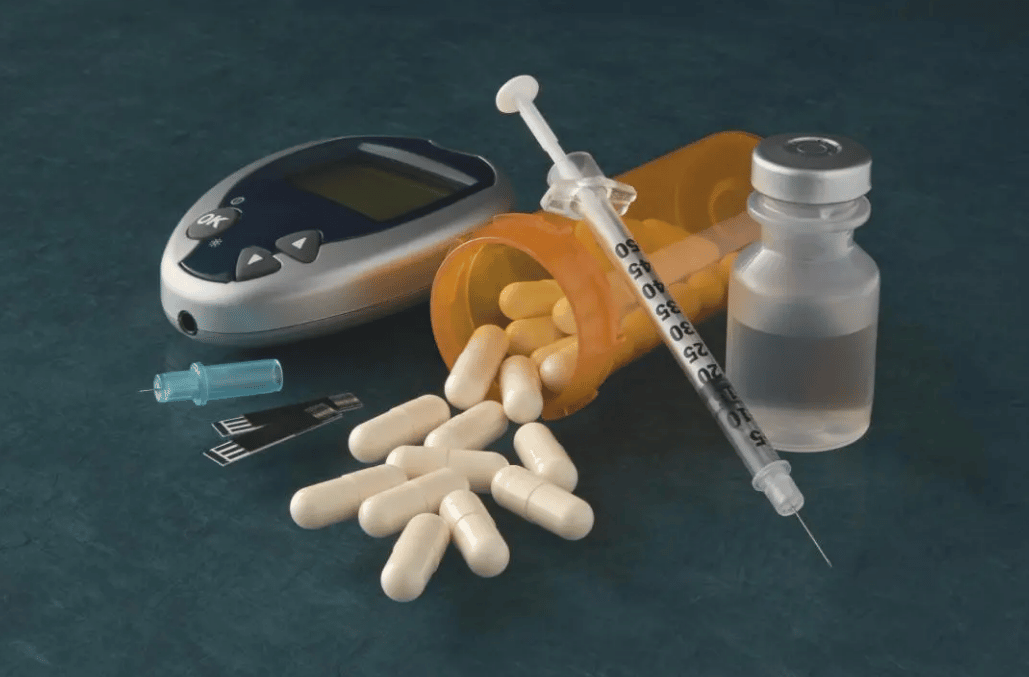Insulin: Types, Pumps, Needles, and Pens
Insulin resistance treatment. Insulin is a hormone that the pancreas produces to control and stabilize the body’s blood glucose levels. Besides balancing the amount of glucose in the bloodstream, it also assists in storing glucose in the liver and muscles. It is an important hormone that diabetes.
The absence of insulin can lead to improper blood sugar regulation. If there is a deficient amount of this hormone, glucose cannot enter the cells for storage. It can lead to sugar buildup in the blood, causing a spike and episodes of diabetes attacks.
What are the types of insulin?
Today, there are five known types of insulin. Doctors prescribe any of these insulins in accordance with the patient’s need and the severity of their condition. Consider the following:
- Rapid-acting insulin – This type of insulin begins working within 5 – 20 minutes after its injection. After peaking in one hour, it can continue to work for 3 – 5 hours. The most common rapid-acting insulin is insulin glulisine.
- Short-acting insulin – This type reaches the bloodstream 30 minutes after administering the shot. It can last for about 5 – 8 hours. Its products include Humulin R and Novolin R.
- Intermediate-acting insulin – Compared to rapid-acting and shorting-acting, intermediate-acting insulin can last for 14 – 24 hours. It begins working after two hours of injection. Its main type is NPH (isophane insulin).
- Long-acting insulin – As the name suggests, long-acting insulin can work for a long time. It reaches the bloodstream for about an hour and starts working. Its effects can last for one day. Its most common product is insulin glargine.
- Ultra-long-acting insulin – This type of insulin does not peak. It reaches the bloodstream six hours after administering it. Compared to long-acting insulin, this type can last for two days. Its main type is insulin degludec.
How do you administer insulin?
There are several ways to administer insulin. The first option involves the use of syringes and needles. However, in the absence of this option, there are other ways to serve the purpose.
Insulin pumps
Insulin pumps are small and computerized devices. They are handy because of their small sizes.
They deliver insulin doses on a pre-programmed schedule. These pumps are attached to a thin tube placed or implanted under the skin.
Insulin pens
Compared to using syringes, insulin pens are handier and more durable. In terms of their appearance and size, these pens look like any other pens that are larger and circular. They also come preloaded with insulin medication, making them easier to administer. Using insulin pens, inject it into the skin in specific bodily locations.
Inhaled insulin
Did you know that inhaled insulin is used to manage diabetes? Besides using needles or syringes for insulin administration, inhaling it is also a great option. How do you use it? It’s like using an inhaler for asthma. The medication comes with pre-measured rapid-acting insulin (in the form of fine powder) that you need to inhale before meals. The medication then enters the blood through the body’s tiny blood vessels.
Jet insulin injection This form of insulin administration does not require needles. It involves the use of compressed springs that send insulin into the skin. It has three parts: a disposable injector nozzle, a disposable insulin vial adapter, and a delivery device. Although the device can be handy and comfortable, jet injectors can be expensive.


